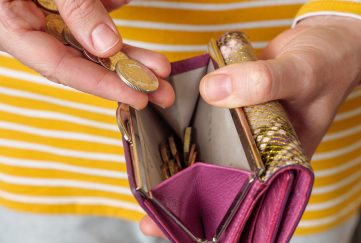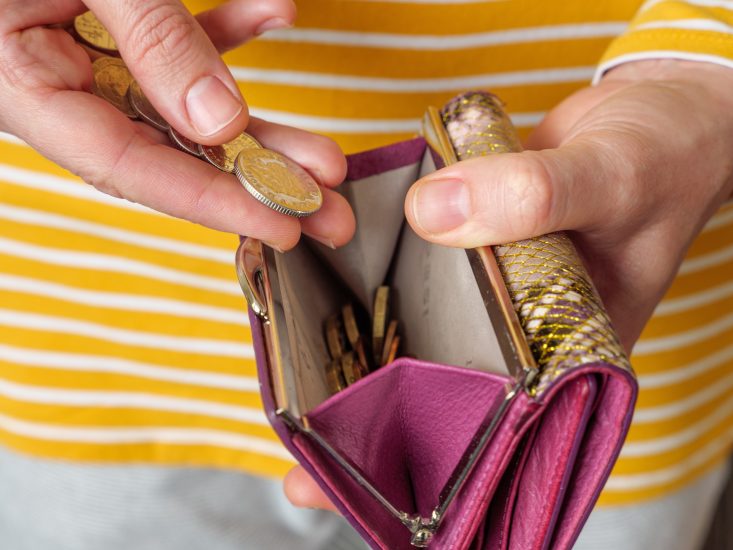Staying Safe When Buying Online

The annual Christmas shopping rush will be a little different this year, with more and more of us buying online thanks to ongoing coronavirus restrictions.
And while using internet retailers has become much more common in recent years, you may still have some concerns.
Here, we share top tips for safe online shopping, from the experts at Citizen’s Advice.
Do your research
Check the item description and photos, where it is being shipped from and the contact details of the seller.
Also, read the reviews for the person you are buying from. These are a good way to discover any potential issues other buyers have encountered. But be aware that exaggerated comments may not be from legitimate customers.
Only send and receive money through the online marketplace app or website
Bank transfers have limited protection if things go wrong, so avoid using them.
Instead, use the online marketplace app, debit/credit card or PayPal Goods and Services (not Family and Friends).
Take a screenshot of your transactions, the advert of the item and the seller’s details, in case things go wrong.
Spot fake goods
If the seller claims that the item is from a popular brand, check that it’s genuine before splashing your cash.
Research the features of the genuine product (e.g. engravings or specific details that would be hard to copy), and check whether you can see these in the seller’s photos of the item.
Compare the price of the item you want to buy to similar items online. If a deal appears too good to be true, it probably is!
Ask the seller for receipts or proof of authentication, and see whether they have the original packaging.
You can report traders who sell fake or counterfeit goods to Trading Standards via the Citizens Advice Consumer Service.
Know your rights
The “buyer beware” principle applies to individual sellers on online marketplaces. This means that sellers must describe the item accurately, but they don’t have to disclose any faults.
If the seller doesn’t describe the item accurately, or uses photos of a different item in the advert, the seller must offer a refund.
Contact the seller if you have a problem
Explain what has happened, how you’d like them to fix it and give them a deadline to respond.
If you can’t resolve the issue this way, see if there’s an alternative dispute resolution service that you could use.
If you can’t resolve the issue or would like extra guidance on your rights when buying online visit the Citizens Advice website, or call their consumer helpline on 0808 223 1133.
For more finance advice from “The People’s Friend”, click here.










